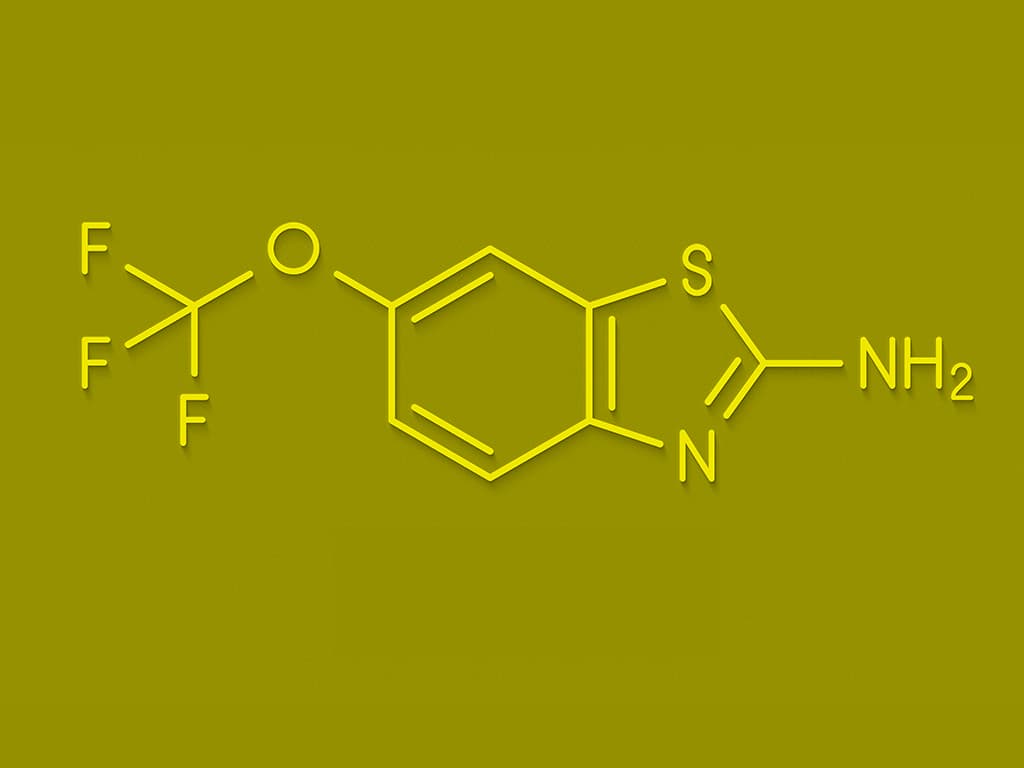The common use of drug treatment for ALS may also prove to be effective for slowing cognitive decline associated with Alzheimer’s disease, according to a study released in the journal Brain.
Known as riluzole, the treatment was examined among a number of participants. As part of a clinical trial, 50 participants in late adulthood had been administered either the drug or a placebo, twice a day for a span of six months.
Through its role in modulating the neurotransmitter glutamate, the drug treatment’s purported effects on slowing cerebral glucose metabolism decline in patients with Alzheimer’s was subsequently explored.
“A 6-month phase 2 double-blind, randomized, placebo-controlled study was conducted at two sites. Participants consisted of males and females, 50 to 95 years of age, with a clinical diagnosis of probable Alzheimer’s disease, and Mini-Mental State Examination between 19 and 27,” the study states.
“These findings support our main primary hypothesis that cerebral glucose metabolism would be better preserved in the riluzole treated group than in the placebo group and investigations in future larger and longer studies to test riluzole as a potential novel therapeutic intervention for Alzheimer’s disease.”
The study was funded by the Alzheimer’s Drug Discovery Foundation.


